Current lab members
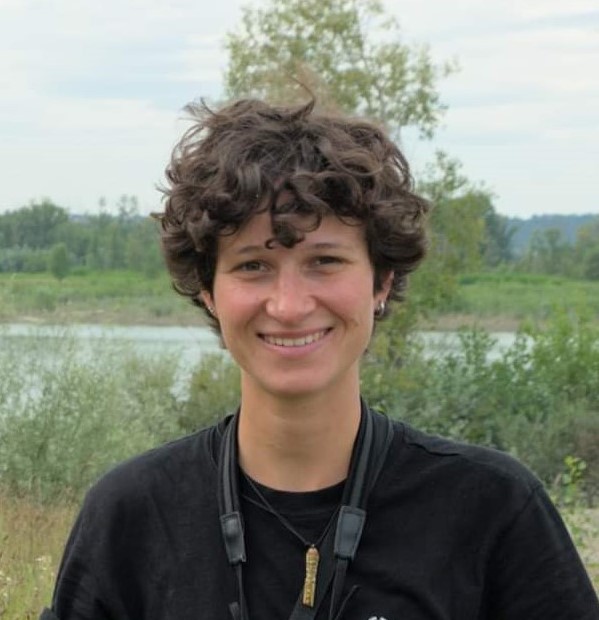 Célian Monchy (PhD 2022-2025) is working on the propagation of uncertainties related to the automatic processing of sensor data in different models in ecology. He is co-supervised by
Marie-Pierre Etienne.
Célian Monchy (PhD 2022-2025) is working on the propagation of uncertainties related to the automatic processing of sensor data in different models in ecology. He is co-supervised by
Marie-Pierre Etienne.
 Léa Pautrel (PhD 2022-2025) is investigating the use of deep learning coupled with continuous-time models to exploit sensor data, in particular cam traps. She is co-supervised by
Marie-Pierre Etienne and Sylvain Moulherat from
TerrOïko.
Léa Pautrel (PhD 2022-2025) is investigating the use of deep learning coupled with continuous-time models to exploit sensor data, in particular cam traps. She is co-supervised by
Marie-Pierre Etienne and Sylvain Moulherat from
TerrOïko.
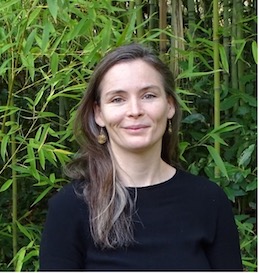 Alix Cosquer (post-doc 2025-2026) is an environmental psychologist. She works on a framework for assessing scientific outreach actions. This is joint work with Charlotte Francesiaz from the
French Office of Biodiversity and colleagues from the city and metropolis of Montpellier.
Alix Cosquer (post-doc 2025-2026) is an environmental psychologist. She works on a framework for assessing scientific outreach actions. This is joint work with Charlotte Francesiaz from the
French Office of Biodiversity and colleagues from the city and metropolis of Montpellier.
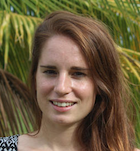 Oksana Grente (PhD 2018-2021, post-doc 2023-2025) works at evaluating the impact of lethal control on the French wolf population, with a special interest in social structure and livestock depredation. This is joint work with Sarah Bauduin, Christophe Duchamp and Nolwenn Hoguet-Drouet from
French Office of Biodiversity.
Oksana Grente (PhD 2018-2021, post-doc 2023-2025) works at evaluating the impact of lethal control on the French wolf population, with a special interest in social structure and livestock depredation. This is joint work with Sarah Bauduin, Christophe Duchamp and Nolwenn Hoguet-Drouet from
French Office of Biodiversity.
 Simon Lacombe (PhD 2023-2026) is a quantitative ecologists who’s determining the drivers of European otter recolonization in France using non-invasive sampling and statistical ecology. He is co-supervised by Sébastien Devillard.
Simon Lacombe (PhD 2023-2026) is a quantitative ecologists who’s determining the drivers of European otter recolonization in France using non-invasive sampling and statistical ecology. He is co-supervised by Sébastien Devillard.
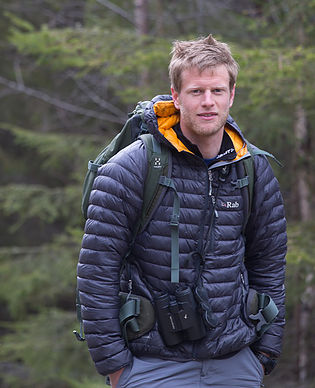 Cyril Milleret (post-doc 2024-2026) works on spatial explicit capture-recapture models for the French wolf population. This is joint work with Christophe Duchamp and Jean-Michel Vandel from
French Office of Biodiversity.
Cyril Milleret (post-doc 2024-2026) works on spatial explicit capture-recapture models for the French wolf population. This is joint work with Christophe Duchamp and Jean-Michel Vandel from
French Office of Biodiversity.
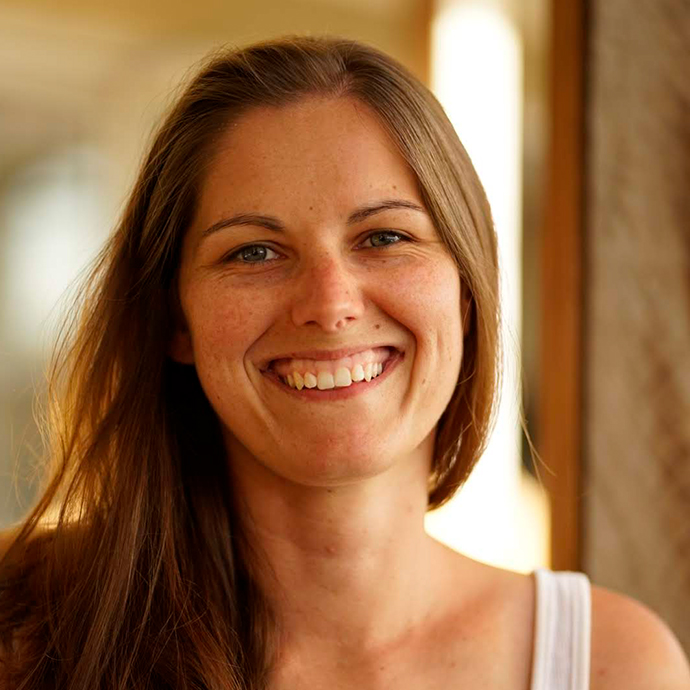 Cassie Speakman (post-doc 2024-2025) works on the population consequences of human disturbance on small carnivores. This is joint work with Sandrine Ruette from
French Office of Biodiversity.
Cassie Speakman (post-doc 2024-2025) works on the population consequences of human disturbance on small carnivores. This is joint work with Sandrine Ruette from
French Office of Biodiversity.